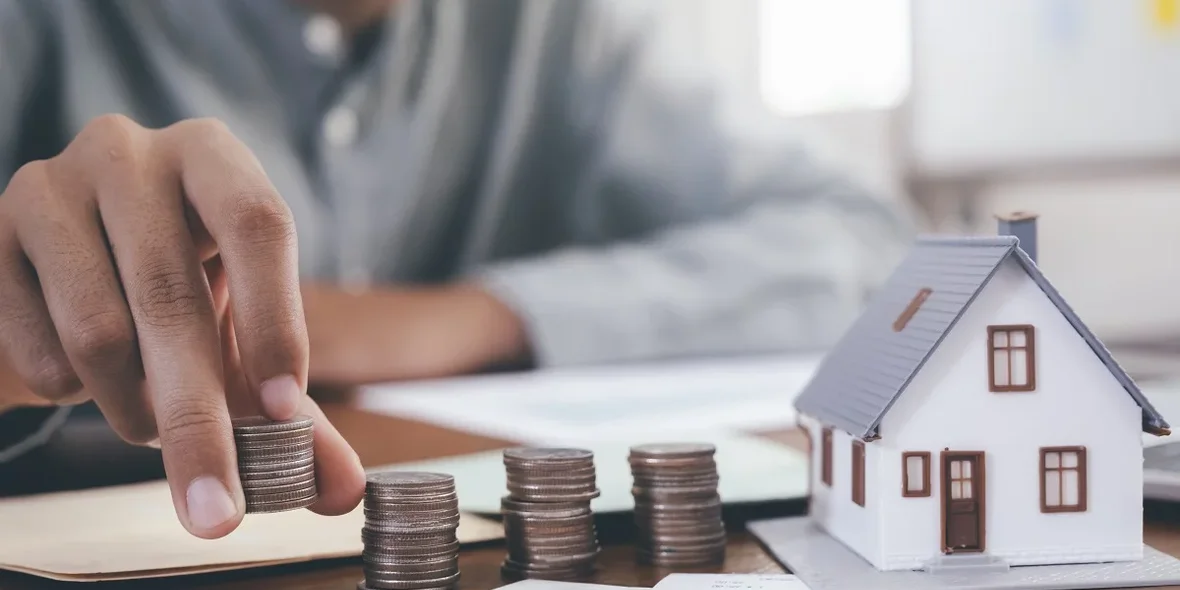
«Investors from Belarus, Russia and Kazakhstan are the last to enter the market.» How to avoid the biggest mistakes and disappointments when investing in real estate
What is an investment in general? How does it work and why does keeping money under your mattress mean losing it? So many questions (and, most importantly, fears) arise immediately as soon as this, for many, elusive term gets brought up. We turned to an expert in the world of investments, Ekaterina Kotlyarova, for advice, and she told Realting.com readers how to avoid the most common mistakes and disappointments in investing.
Ekaterina Kotlyarova is the director of the foreign real estate agency «Vip Realty Club», as well as the head of the community of Russian-speaking experts in more than 18 countries of the world.

«There is now a ’seller’s market’ in Europe, which makes it really tough for investors»
— Why is it so difficult to introduce a financial instrument like investments in the post-Soviet space? This question is simple and complex at the same time, and there can be many answers to it. But, in my opinion, there is one main reason: a great number of fears and disappointments of potential investors due to the lack of information. Our schools will someday introduce financial literacy as a subject, but, until this happens, let’s talk in more detail about each «fear» and «disappointment» of the potential investor and discuss how you can avoid the most crucial mistakes when investing in real estate.
What is an investment in general terms? Simply put, an investment is an allocation of money that regularly brings passive (or active) income. There are quite a few investment options, but we will talk specifically about real estate investments.
The first and most important rule for an investor is to be on top of the news. A «seller’s market» has been established within the real estate market of many European countries. This means that it is the sellers who dictate the rules of the game, and in that situation the investor needs to be as careful and attentive as possible. But there are real estate markets where prices have dropped down to −40%, and these are the markets that are worth paying attention to.
Before getting started, investors should ask themselves two questions:
1. How much money do I have?
This can mean not only their own funds, but also other financial instruments such as mortgages, loans, etc.
2. What effect do I expect (and when)?
Moving on from here, there can be only two options for the development of events: short-term investments for the purpose of property resale, or long-term investments for the purpose of renting out real estate.
«There are only two typical investment strategies: ’long’ and ’short’ money»
— Let’s look at a very common investment strategy for «young» market players: the so-called «speculative deals», or «short money» (buy and sell in a year or two). During these deals, the investor needs to be as careful as possible and calculate:
a) the investment’s return period,
b) its annual profitability.
Usually, with this strategy, an investor buys real estate from the developer during groundwork (the initial stage of construction), and sells the property once the building is completed. Average cost increases over a construction cycle are typically 10-30%. It would seem that the scheme is as simple and straightforward as possible. But, in my experience, the promised 10-30% eventually translates into 5-7%. Why does this happen? Let’s start with the fact that a finished property may not always be sold easily and quickly (this especially applies to resort areas and properties for seasonal residence).
Here is an example: if you invest in real estate in the resort towns of Bulgaria, Turkey or Georgia at the groundwork phase, you can expect that the average percentage of price rises by the time of completion to equal 20%. When the building is completed, the investor will try to sell the apartment, but suddenly it can turn out that the neighbors on the right and below also want to sell their homes. This happens because they entered the market with the same strategy. As a result, the only way to quicken the sale of a property is to reduce its price (by an average of 5%).
Moving on. In order to sell an apartment, you will have to hire a realtor who is better versed in the local market — on average, this constitutes another 5% cut. The whole process can take several months (sometimes about a year or even two), and the investor will have to cover the costs of the property’s maintenance.
We often come across situations when the developer say that prices on the market will rise, but they end up falling (take away another 5-10%). As a result, investors can start selling at zero (or even negative) profit, just to get their money back.
— The second investment strategy is the purchase of properties for the purpose of renting them out: so-called long-term investments. An inexperienced investor will also face a number of difficulties with this option. For example, there are countries where you can rent an apartment out only after obtaining a special license (in some regions it is almost impossible to obtain a license for daily renting). And there are countries where only legal entities can rent out housing. For example, since 2017, you can only rent out real estate by day only through a legal entity in Turkey, while Thailand has its own restrictions on daily renting of premises.
In addition, simply renting an apartment to tenants and «forgetting» about it for several years will not do the trick. In some countries, an agreement with a service organization is a prerequisite, and sometimes you have to closely monitor your tenants. It is rather difficult to list all the nuances of this type of investment.
It turns out that both the first and the second strategies have their advantages and disadvantages, and in order to get only «advantages» from investing, you need to have as much information as possible.

Photo source: tutu.ru
Developers sometimes manipulate numbers counting on the inexperience of the buyer
When it comes to short-term real estate investments, you need to clearly understand what percentage of income you are counting on and what you will obtain in the end. There are many pitfalls that developers take advantage of, reasonably counting on inexperienced real estate buyers. This is especially true for construction companies in the post-Soviet space. In general, a «jackpot» on the territory of Russia and a «jackpot» in Europe are «two big differences,» as one well-known satirist used to say.
The first disappointment an investor may face can be caused by an exaggeration on the part of developers and agencies
Often the Russian-speaking population in the post-Soviet space counts on much higher percentages than are actually achievable in Europe. And developers often speculate on these expectations, offering inexperienced investors a higher percentage of profitability and using Russian rubles in their calculations.
The deception lies in the fact an income of 6% per annum in euros is not the same as an income of 10% in Russian rubles. This could seem obvious, but people really buy into pretty numbers and tend to not calculate the real annual income in their particular case.
The second disappointment of an investor is the relatively low percentage of profitability in euros for long-term investments
The real return on long-term investments cannot exceed 2-5% per year in euros. Moreover, most often this mark stops at 2-3% per annum.
At the same time, Europeans really do get a good profit from such investments, as most of them use almost 100% leverage. But not a single citizen of Russia, Belarus or Kazakhstan can receive such a loan for the purchase of real estate in Europe — it is simply impossible. Such a loan can only be obtained for the purchase of real estate in non-European Union countries and in the coastal regions of various resorts. But I always discourage my clients from such purchases, because the markets in these countries can most often be described as stagnant.
It is interesting that even if an investor has their own funds to buy a property in Europe, it is very difficult to find a truly liquid property — the most interesting and promising properties sell like hot cakes. Sometimes they do not even make it into the official announcements and information about them appears only among «their own» brokers. Therefore, for example, in Germany, the real profitability does not rise above 2-3% per annum for a foreign investor (after deducting all taxes and payments). But this is a really good yield when you consider that we are talking about euros.
Few of the investors in the post-Soviet space understand that an income of 3-5% per annum in euros is a more profitable investment when compared, for example, to 10% per annum in Russian rubles. This is due to the annual inflation of currencies in countries such as Russia, Belarus, Ukraine or Kazakhstan. In Russia, the official data on annual inflation stopped at 8%, while real figures, taking into account the rise in prices, are about 10% at the bare minimum. And the cost of living in Russia has grown by about 15-20% over the past year.
As a result, it turns out that if we calculate the return on an investment at 10% per annum in Russian rubles, the real income we obtain is zero at best; at worst, it can be well into the negative figures. And I’m not talking about additional income taxes and the costs of maintaining the property (if required).
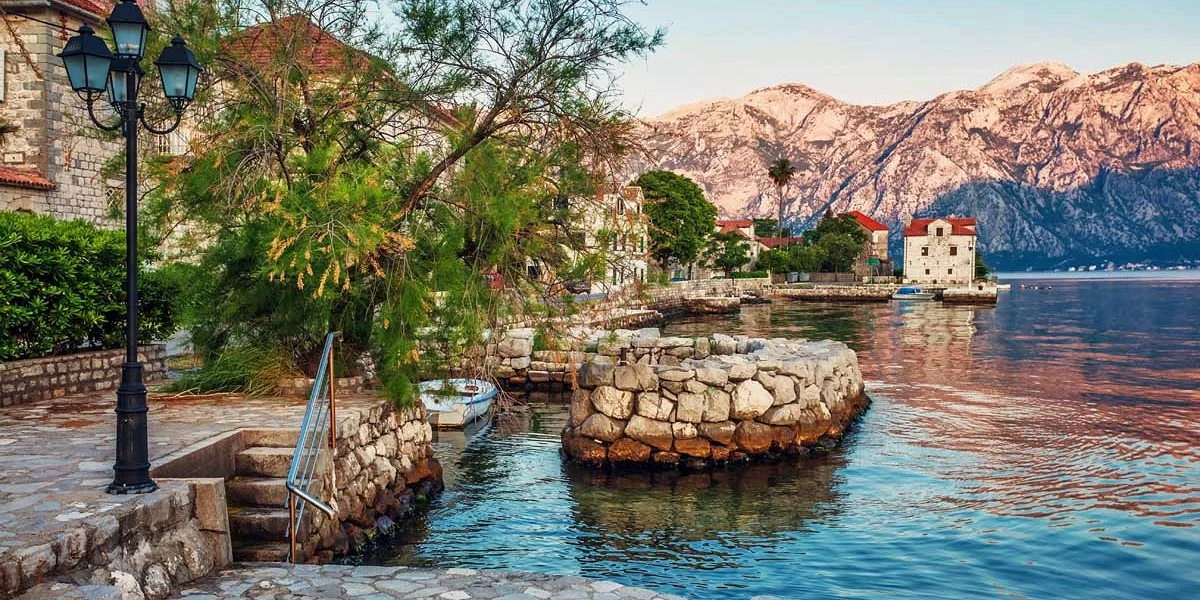
Photo source: abstour.by
«If an apartment costs 50,000 euros, and a tenant pays 200 euros per month, this does not mean that the property will pay off in 20 years»
The third disappointment for an investor is the long return on investments
The next investment evaluation criterion is the investment return period. If you, for example, bought an apartment for 50,000 euros, and rent it out for 200 euros, this does not mean that the cost of the apartment will «return» in 20 years. Everything is much more complicated.
First, each country has its own tax conditions, and this must be taken into account when calculating the benefits. Secondly, any property with a long-term investment requires maintenance costs, and this again reduces profitability (most often, buildings in Europe are taken care of by a service company whose work is paid by apartment owners separately). And thirdly, the search for tenants in Europe is often carried out by third-party agencies, and their services also require payment. All these items of expenditure «fit» into those very 200 euros per month that the tenant will pay you. Imagine how much your income has decreased.
In Russia, the return on investments is about 15-20 years; in Europe, about 10-15 years. But we should not forget about the high risk of investing in real estate in the post-Soviet space. In Europe, such investments can be called low-risk.
The fourth disappointment for an investor is the fact that buying real estate for yourself is not the same as buying real estate for investment
Those clients who grew up in the post-Soviet countries often consider the purchase of real estate on the coast the best investment. I will now deliver what will, perhaps, be shocking news to some: real estate on the sea always has a lower yield compared to other properties. Moreover, such real estate does not always pay off at all. The main reason for this is seasonality. Plus, in some countries this season is also shorter: for example, in Turkey, Bulgaria and many other countries on the Black Sea and Mediterranean coasts.
The absolute minimum a real estate investor should aspire to is to buy a property that will pay for itself. It’s cool when you get some kind of income, but you shouldn’t expect super-profits at all.
For example, there is a growing market in Turkey now. The most popular destinations in this country are Alanya and Istanbul. In Alanya, the «entrance» to the market starts at around 40,000 euros, and in Istanbul — from 80,000 euros. At the same time, the profitability from good properties in Istanbul will be higher. And I always advise my clients to buy real estate in capitals or big cities-megalopolises (if the investor is afraid to take risks and does not want to spend a lot of time unraveling the intricacies of the different markets). But I can say with 90% confidence that investors from Belarus, Russia and Kazakhstan will buy real estate in Alanya, while Europeans will buy properties in Istanbul.
«Our» investors may buy something in Istanbul, but it will be in such poor shape that then it will be impossible to resell at all. The main reason for this behavior is that investors come to the market with little money and so they are very limited in their choices. At some point, they limit themselves even more, because they choose properties on the coast with the thought that they will move into them after they retire. Investments don’t work that way. Investment-profitable properties very rarely coincide with where you would want to live during your retirement.
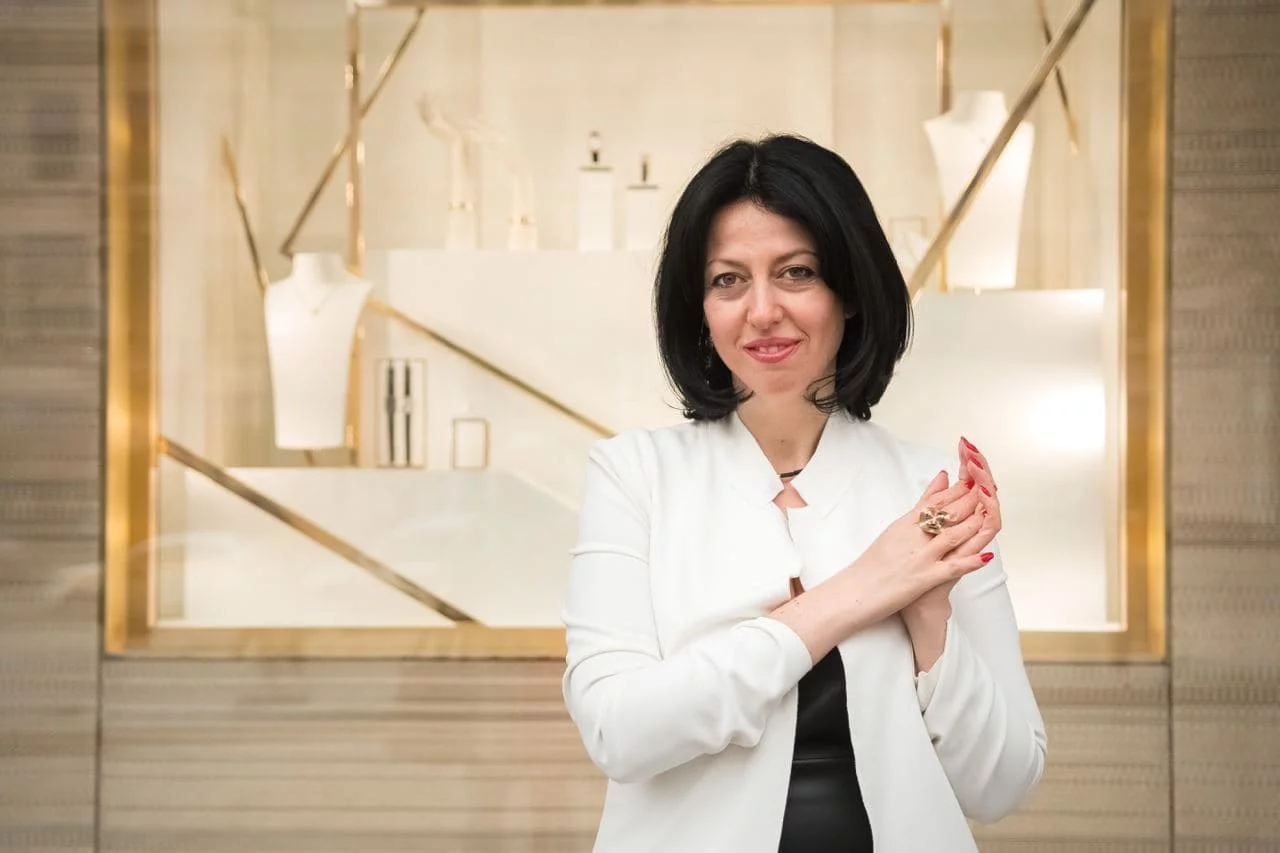
Ekaterina Kotlyarova, director of the foreign real estate agency «Vip Realty Club»
The fifth disappointment for investors: buyers from Russia, Belarus and Kazakhstan are the last to enter the market
If we are talking about buying real estate in the «old» Europe, then there can be no highly profitable transactions in principle. The only exception is a falling market situation. For example, the market is now «low» in Italy, but «our» investors do not yet know about it. First, the British find out about the favorable prices, then the Germans, then the Americans, and only later do the Slavs come (most often at the same time as Israel). This is because «our» investors start buying real estate only when a trend has already formed in a certain direction and, accordingly, at maxed-out prices.
The main principle of an investor is to buy a property on a falling market and sell it on a «high» one. Many inexperienced investors come to a «growing» market. In order to understand these trends, it is enough to analyze real estate prices in a city over the previous two years. If the value of a square meter is growing (even insignificantly), then this is a «growing» market, and if it is decreasing, then it is «falling». It wouldn’t seem too difficult, would it? This data is publicly available for each country, but inexperienced investors simply do not know where to look.
Any more or less stable real estate market goes through a so-called seven-year cycle from its lowest point to its peak in prices and stagnation — and then back to the lowest point. For example, the real estate market in Russia has grown by 40-50% this year, while in Italy it has fallen by about the same. And the question is: where should you buy? Of course, in Italy. Moreover, the decision must be made now, because prices there are already gradually increasing and so things are moving again. With all of my best intentions I can tell you that you should have bought your properties yesterday, and it will be far too late in three months. And it’s this three-month period that investors from Belarus, Russia and Kazakhstan never «catch» on time. It turns out that they have no access to the real market.
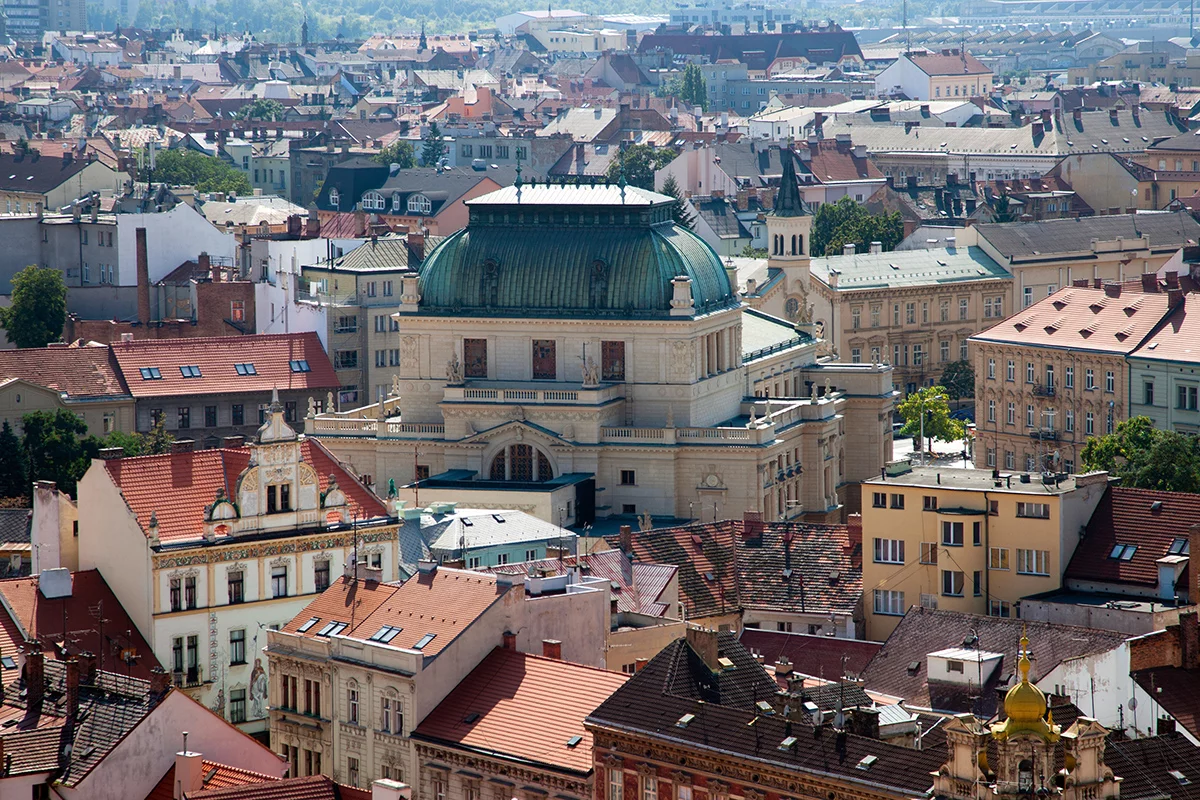
Photo source: euromapa.net
What you need to know to avoid the most common mistakes in investing
What should be done to avoid these pessimistic scenarios? Here are a few tips:
- Immediately negotiate with the realtors and/or developers who will resell your property, establish for how much and when, and take into account the cost of implementation in the final profitability. Ideally, you should immediately conclude a contract for the sale of housing and the implementation of this investment concept.
- Enter those markets where there are fewer of your compatriots. From experience I will say that, if the percentage of our compatriots in investments in the regional market is more than 50%, then, most likely, the market will soon approach peak prices and it will be difficult to resell the property.
- Buying when everyone is selling is usually much more profitable than buying in a growing market. For example, in 2020 there were a lot of properties for sale along the Bulgarian coast, and my clients purchased property at a price 50% lower than its market price (apartments with an area of 60 sq. m. For 25,000 euros in Sveti Vlas). Already in 2021, this apartment was rented out for the summer season with a yield of 7% of the invested funds.
- Choose real estate for your investment strategy, and not just try to «stick to your budget». For example, you cannot count on year-round rent while buying in a sparsely populated city, or plan to rent a property out by day all year round but buy real estate in a resort town.
- Study the legislation of the country where you are buying property for rental.
Before purchasing real estate, please check:
- Whether you need a license to rent out an apartment. For example, in many regions of Spain you need a license to rent apartments by day, but in some places it is no longer even possible to get it.
- If is it possible to rent out property for an individual in principle.
- In many countries, the conditions for renting apartments are governed by the rules of the condominium, and if the tenants are against it, then renting the apartment will not be possible at all.
I hope I didn’t shock you or discourage you from investing in real estate around the world. In fact, now is the time to think about investments, because it is during a crisis that you can purchase real estate for 50% of its cost and create a material base for yourself and your children. There is also good news: investment literacy is being developed, and you can master this science.
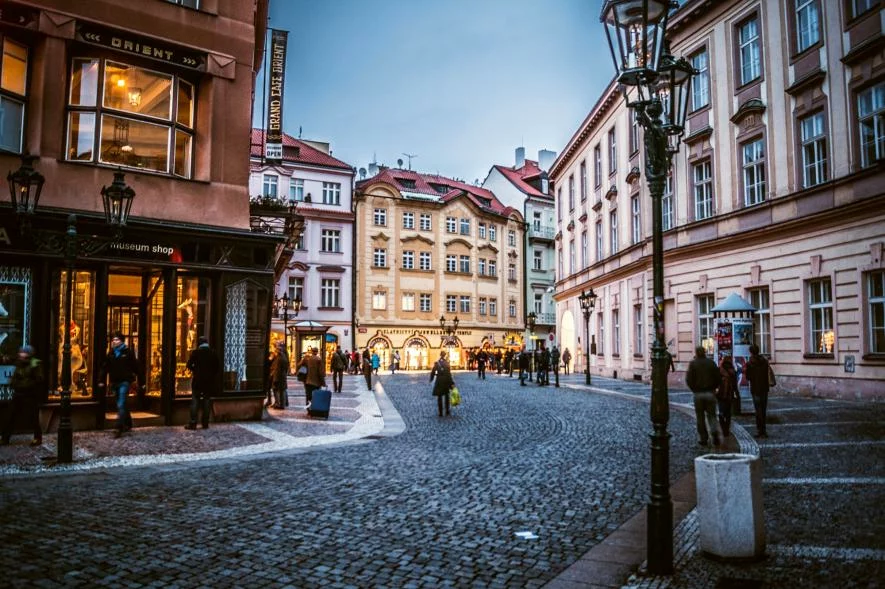
Photo source: smapse.ru
*In the next article, we will provide accurate calculations of the return on investments in different countries.
















